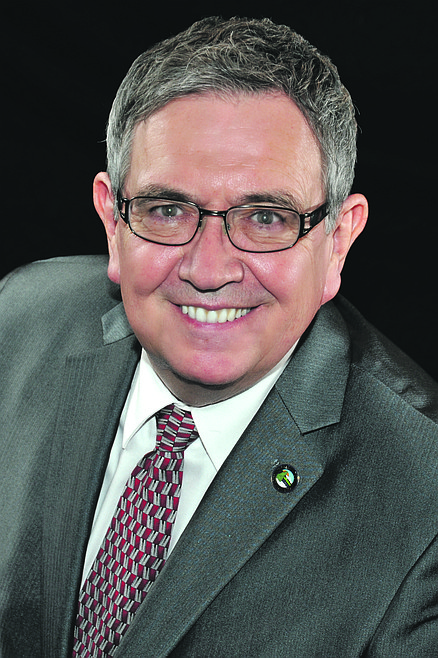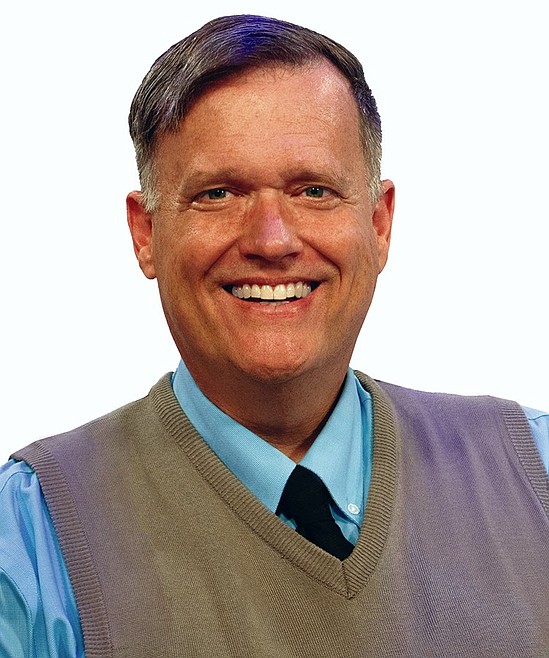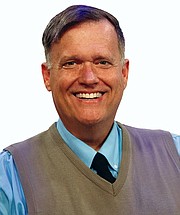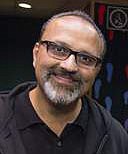Voters concerned about church polling places
COEUR d’ALENE — Almost half of Kootenai County voters who cast ballots in person on May 17 will do so at a church.
Kootenai County Clerk Jim Brannon said there are practical reasons for this, though some local leaders and voters have expressed concerns about specific polling places.
“When COVID hit, our polling places had major changes,” Brannon said.
In 2020, some sites used for years were no longer suitable due to occupancy limits. The county also gained three precincts this year, so elections officials had to look for new sites.
Polling places must meet certain requirements, which immediately limits how many facilities are suitable, Brannon said.
For example, polling places must be accessible to disabled voters, in compliance with the Americans with Disabilities Act.
“We need to have ramps and doorways wide enough (for wheelchairs),” Brannon said. “Those are key for us when we’re looking for a polling place.”
The facility also needs plenty of space for voters and poll workers alike, as well as a bathroom for poll workers.
Brannon said the county reaches out to potential polling places based on geographic area. Churches are a popular spot, he said, because many meet the county’s requirements.
In addition to churches, the county is using 12 community centers, nine schools, five fire stations, two city halls, one library and one county building.
Some larger polling places — including 13 churches and two schools — encompass two precincts.
“As the county continues to grow, we’re looking for areas where we can have more than one precinct in a building,” Brannon said. “That means fewer people are required to run the election at that precinct.”
Brannon noted that Canyon County, where the population is about 38% bigger than Kootenai County, has just 17 polling places.
About 80% are in churches. Only one is in a school.
In Kootenai County, 23 of 53 polling places are churches. They encompass 36 out of 73 precincts.
Coeur d’Alene City Councilman Dan Gookin said multiple voters have contacted him to express concerns about a particular polling place: Candlelight Christian Fellowship.
Their concern is not about churches acting as polling places in general, Gookin said, but about Candlelight specifically.
The church hosts political candidates and makes political materials, such as leaflets and sample ballots, available to visitors.
“This is making some people uncomfortable,” Gookin said.
Coeur d’Alene resident Teree Taylor said Candlelight Christian Fellowship is her polling place, but she doesn’t plan to vote there. Instead, she said she’ll vote by mail, just as she did last year, when her polling place changed to the church.
Though she’s voted at a church in the past, she said Candlelight is different.
“I just don’t feel comfortable in the environment,” she said. “They have sponsored events that have a political tone to them.”
At Candlelight on Monday, a stack of sample ballots featuring the Kootenai County Republican Central Committee’s recommended candidates was placed at the front desk.
Beside the sample ballots was a stack of leaflets promoting Dr. Mark Manteuffel, who is running in the Republican primary for coroner.
“I am very uncomfortable when I see stuff like that, pushing not only one party, but a particular ideology within the party,” Gookin said.
Idaho’s electioneering law makes it illegal to attempt to influence voting within 100 feet of a polling place.
The law specifically forbids circulating “cards or handbills of any kind.”
Candlelight staff said Monday that all political materials will be cleared away before Election Day.
Paul Van Noy, the church’s founding pastor, told The Press on Monday that members of his church community sometimes ask if Candlelight offers a voter’s guide.
“We do have them available typically,” he said.
That voter’s guide represents his recommendations as an individual, Van Noy said, not as the leader of Candlelight — though he said he doesn’t create the guide alone.
“We have a whole team of people in our ministry,” he said. “They pay attention to elections and to candidates and they help us put together lists and recommendations.”
No formal guide was printed this year, he added. He said the presence of the KCRCC’s sample ballot does not represent Candlelight’s endorsement.
Van Noy maintained that Candlelight does not endorse candidates or causes as an entity, though the church hosts political events.
Lt. Gov. Janice McGeachin gave a 30-minute speech at Candlelight last May, for example, telling a crowd of around 650 people about her gubernatorial bid.
Van Noy prayed on stage for McGeachin and endorsed her at the event, later saying he did so as an individual, not as a pastor.
On Monday, he acknowledged sometimes sharing political opinions from the pulpit, though he said again that he doesn’t speak on behalf of the church.
“I’m not Candlelight,” he said. “I’m just Paul.”
He said he permits all candidates to address the congregation if they ask to do so.
“I’ve never told a candidate no,” he said.
At Candlelight, voting reportedly occurs in the church’s gym, which is accessible through a separate entrance, in an effort to separate church activity from election activity.
Even so, Gookin said he believes Candlelight is too politically active to fully separate itself on Election Day. Voters who frequent the area will likely remember what political signage or political events were hosted at the church, he said.
“It does raise a concern for some people when you have a polling place that has an interest in the results,” he said.
Brannon emphasized that the county’s goal is to make voting in person as convenient and accessible as possible in a rapidly-growing county.
“We’re trying to keep the voters from having to drive too far,” he said.





